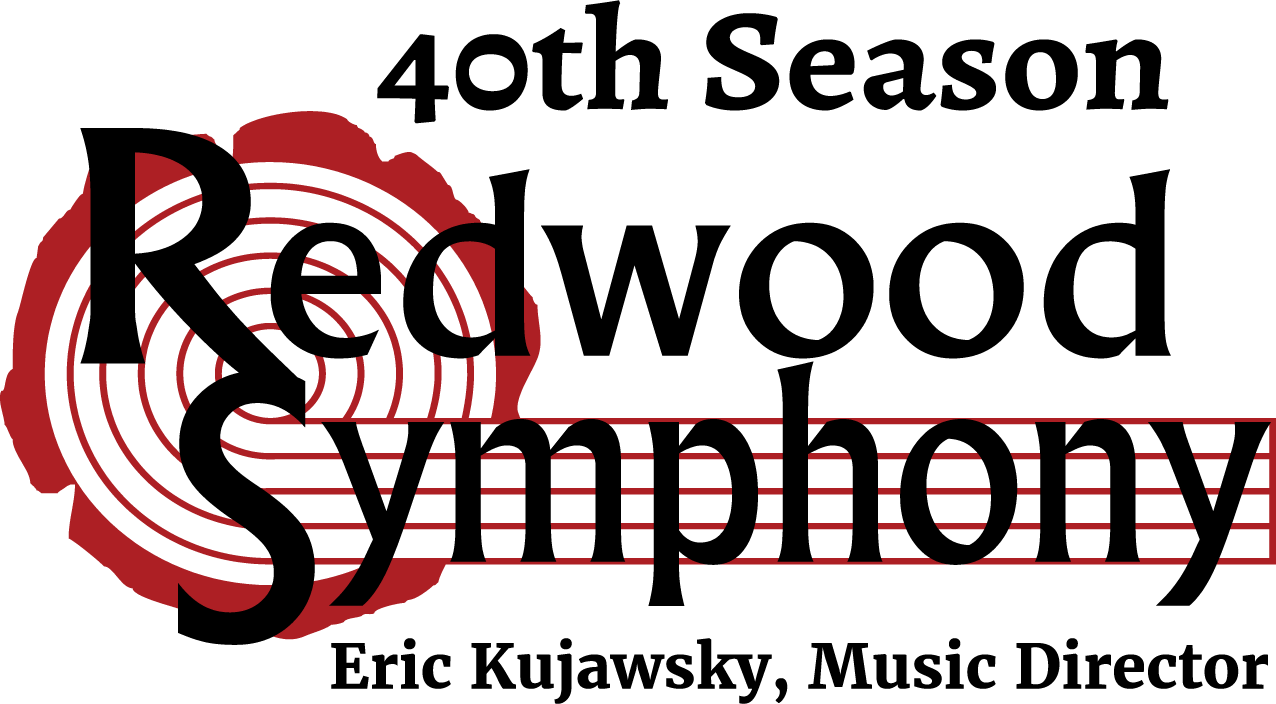Osvaldo Golijov
The Dreams and Prayers of Isaac the Blind
Osvaldo Golijov, the son of Eastern European Jews who migrated to La Plata, Argentina, is equally at home quoting tango or klezmer, and has created works for the Boston Symphony, Chicago Symphony, and Los Angeles Philharmonic, the Silk Road Project, soprano Dawn Upshaw, and even director Francis Ford Coppola. He studied the eclectic varieties of music in cosmopolitan Jerusalem at the Rubin Academy in Israel starting in 1983, and in 1986 moved to the U.S. where he earned a Ph.D. at the University of Pennsylvania. Since 1991, Golijov has been the Loyola Professor of Music at College of Holy Cross in Worcester, Massachusetts. The Chicago Symphony recently named him one of its two Composers-in-Residence for the 2006-07 and 2007-08 seasons.
After meeting members of the St. Lawrence and Kronos Quartets at Tanglewood in the early 90’s, Golijov began writing extensively for both, and it was for Kronos that he composed The Dreams and Prayers of Isaac the Blind in 1994. Golijov writes of his inspiration:
“Eight centuries ago Isaac The Blind, the great kabbalist rabbi of Provence, dictated a manuscript in which he asserted that all things and events in the universe are a product of combinations of the Hebrew alphabet’s letters … Isaac’s lifelong devotion to his art is as striking as that of string quartets and klezmer musicians. In their search for something that arises from tangible elements but transcends them, they are all reaching a state of communion.
“The movements of this work sound to me as if written in three of the different languages spoken by the Jewish people throughout our history. I hear the prelude and the first movement, the most ancient, in Aramaic; the second movement is in Yiddish, the rich and fragile language of a long exile; the third movement and postlude are in sacred Hebrew.”
Golijov later wrote that he recognized the ‘language’ of each movement during the process of composition. “While I was composing the second movement, for example, my father would sit out on the deck with the newspaper, the sports pages, and every once in a while he would shout, ‘There you go! Another Yiddish chord!'” The work requires a clarinet soloist experienced in the slides, ornamentation, and pitch bends of klezmer music, as well as its spirited dance rhythms. Not only that, the soloist must perform all of these on both the standard soprano clarinet and on a bass clarinet. The word klezmer is derived from the Hebrew words kley zemer, meaning musical instrument or “vessel of song,” and the lines here must indeed sing.
The opening movement, Prelude, Calmo, sospeso (suspended), leads us into the dream world, with very quiet, slow notes by strings. The clarinet muses briefly in the sinuous style so characteristic of klezmer music. Strings then pulse urgently as the first movement proper, Agitato, Minaccioso (menacing), opens. Golijov writes: “The quartet plays the first part of the central prayer of the High Holidays, ‘We will observe the mighty holiness of this day,’ while the clarinet dreams the motifs from ‘Our Father, Our King.'” Slow, introspective moments are paired with frantic flurries of motion, with extended notes for bass clarinet piercing the texture. Here is where the soloist must master an amazing range on the bass clarinet, playing from its lowest range to the highest–and executing those klezmer pitch bends as well. These are the two movements Golijov characterized as in ancient Aramaic, the original language of the Bible.
The second movement is marked Graceful, Densely Slow. It is the Yiddish section, and the clarinet leads the action in both slow and jaunty klezmer dances, joined by individual string players in exuberant singing lines. Golijov writes: “The second movement is based on ‘The Old Klezmer Band,’ a traditional dance tune, which is surrounded here by contrasting manifestations of its own halo.”
K’vakarat, the third movement, is an instrumental-only version of a piece Golijov composed for quartet and cantor (performed by Redwood Symphony in 2006). The cantor in the original version sings in Hebrew, and the title is based on the last paragraph of the prayer for Rosh Hashana, Un’tahne Tokef Kedushat Hayom, “We will observe the mighty holiness of this day.” Golijov has described the work as a musical depiction of the different attitudes toward God: “First it’s a shepherd’s flute, playing in obedient harmony, then it’s a sword, raised in defiance, even against the will of God.” It evolves slowly from quiet, vibrating chords to vehement, explosive motion. The intense emotion of this movement segues into the Postlude, where we return to the introspective dreaming of the prelude. The composer writes that it “bring[s] to conclusion the prayer left open in the first movement: ‘…Thou pass and record, count and visit, every living soul, appointing the measure of every creature’s life and decreeing its destiny.'”
